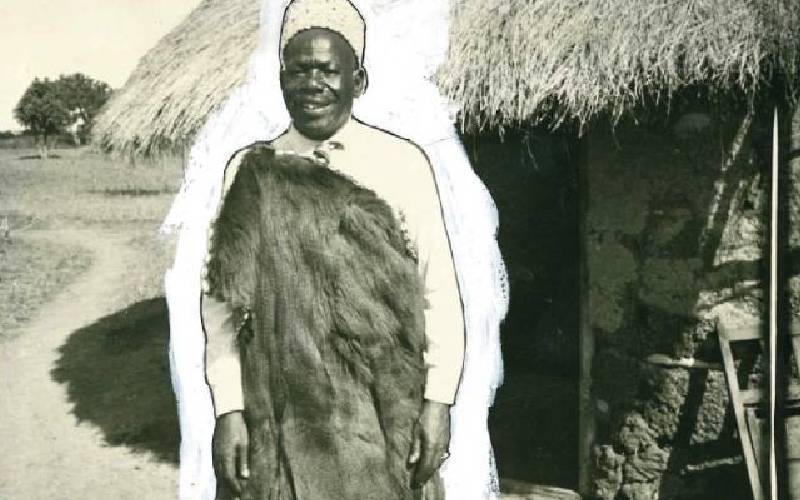×
The Standard e-Paper
Fearless, Trusted News

Dini Ya Msambwa, the once fiercely anti-colonial religion is still alive. The death of its founder Elijah Masinde (pictured) in 1987 might have diminished its impact, but adherents, mostly in Masaba Uganda, Pokot, and the wider Bungoma County still follow its dictates.